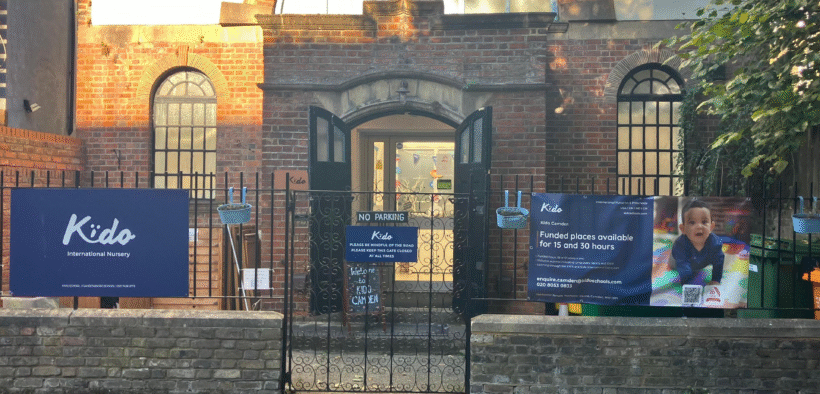8,000 Kids’ Personal Data Stolen in UK Nursery Hack
Share

A recent cyberattack on Kido International, a private nursery group operating 18 branches across Greater London, has raised alarm in the UK and beyond. The personal data of around 8,000 children — including names, photos, addresses, and family contact details — was stolen by a notorious ransomware group.
This incident highlights the growing risks of cyberattacks on education and childcare providers, where sensitive data about minors is at stake. In this article, we break down what happened, why it matters, the legal and regulatory implications, and what childcare organizations, parents, and businesses can learn from this breach.
What Happened in the UK Nursery Hack?
According to reports, a ransomware gang known as Radiant infiltrated Kido International’s systems, stealing highly sensitive personal data. The hackers later leaked some of this data on the dark web when ransom demands were not met.
Data compromised included:
- Full names of children and parents
- Residential addresses
- Photographs of children
- Contact details of family members
The breach is one of the largest child data leaks in the UK, and security experts warn that the consequences could be long-lasting.
Why This Hack Is Especially Concerning
Unlike typical corporate data breaches involving emails or financial details, this hack involves children’s identities.
Key risks include:
- Identity theft: Criminals may use children’s details for fraud.
- Exploitation risks: Publicly available photos and addresses of minors could be misused by predators.
- Psychological and reputational harm: Families may feel unsafe and distrustful of institutions meant to protect their children.
Cyberattacks targeting vulnerable populations — such as children, patients, or the elderly — have greater ethical, legal, and security implications.
Legal & Regulatory Implications
Under the UK Data Protection Act 2018 and the GDPR, organizations handling children’s data face stricter obligations.
Potential consequences for Kido International include:
- Regulatory fines: Up to £17.5 million or 4% of annual global turnover.
- Investigations by the UK’s Information Commissioner’s Office (ICO).
- Civil lawsuits: Parents may pursue claims for damages caused by negligence in protecting their children’s personal information.
This case underscores the need for privacy by design and robust cybersecurity measures in organizations serving children.
Lessons for Childcare Providers & Educational Institutions
This incident serves as a wake-up call for all organizations handling children’s data.
Best practices include:
- Data minimization: Collect and store only essential information.
- Encryption: Secure sensitive records, especially images and addresses.
- Regular risk assessments: Identify vulnerabilities before attackers exploit them.
- Third-party audits: Ensure vendors and cloud providers meet compliance standards.
- Incident response plan: Be prepared to notify parents, regulators, and law enforcement quickly.
What Parents Can Do Now
While the responsibility lies with the nursery, parents can also take steps to safeguard their children’s information:
- Monitor for unusual financial or communication activity linked to family accounts.
- Be cautious of phishing emails pretending to be from the nursery.
- Limit how much personal information is shared publicly about children online.
Broader Trends: Why Hackers Target Schools and Nurseries
This is not an isolated case. Around the world, schools, universities, and childcare institutions are becoming prime targets for ransomware groups because:
- They hold highly sensitive personal data.
- Many have weaker cybersecurity infrastructure compared to corporations.
- Emotional leverage is stronger — parents and institutions may pay ransoms more quickly when children’s safety is involved.
Building Digital Trust in Childcare
For nurseries and educational institutions, trust is everything. A breach like this erodes confidence, not just in one provider but in the industry as a whole.
Moving forward, childcare organizations must prioritize:
- Investing in cybersecurity as much as physical safety.
- Transparent communication with parents about how data is stored and protected.
- Regular staff training on privacy, phishing, and cyber hygiene.
The UK Nursery Hack affecting 8,000 children is a sobering reminder that data protection is not optional, especially when it comes to vulnerable groups.
Parents, regulators, and institutions must work together to strengthen safeguards, while organizations need to adopt privacy-first strategies to avoid devastating consequences.
In a world where data is the new gold, protecting children’s information is not just a legal requirement — it’s a moral duty.




































Leave a Reply